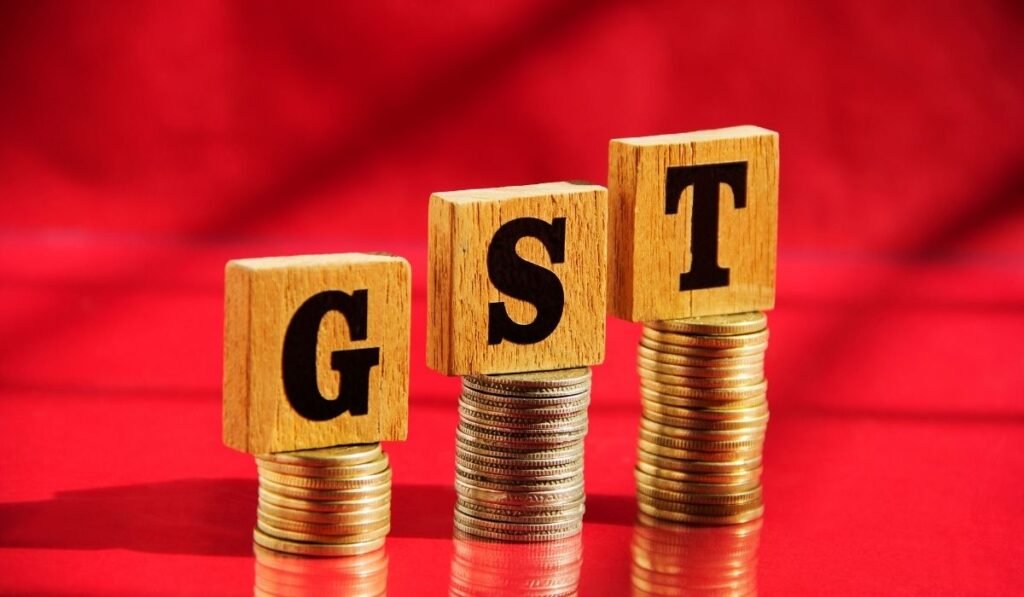Types of Taxes: India’s government treasury has grown rapidly in terms of advance tax. In fact, according to the official data released on June 16, the government’s advance tax collection in this financial year i.e. 2024-25 has reached Rs 1.48 lakh crore. This is about 28 percent more than the previous financial year. According to the report, the net direct tax collection of the first quarter of the current financial year was Rs 4.62 lakh crore, which is about 22 percent more than last year.
According to a recent official data, India’s direct tax collection for the financial year 2024-25 (FY25) has increased by 9.81 percent to Rs 4.62 trillion till June 16 in the first quarter as compared to the same period of FY 2024.
If we talk about net corporate tax, it has become Rs 1.60 lakh crore in the financial year. Not only this, the government’s earnings from net personal income tax have reached Rs 3.79 lakh crore. Apart from this, the gross tax has become Rs 5.15 lakh crore, which is 22.89 percent more than the previous financial year 2024-25.
In such a situation, let us know in detail in this report how many types of taxes are levied in India and where does the general public fall within its ambit?
Table of Contents
How many types of taxes are there in India
Taxes in India can be mainly divided into two categories. Direct tax and indirect tax
1. Direct Tax:
Direct tax is the tax which is directly imposed on the income of a person or organization. These are also paid directly to the government. These taxes are included in direct tax
- Income Tax: This tax is levied on any individual, companies, and other entities.
- Capital Gains Tax: This tax is levied on profits earned from the sale of property, stocks etc.
- Securities Transaction Tax: This tax is levied on the Indian stock market or equities. This tax is levied during the trading period in the Indian stock market and is determined and regulated by the central government.
- Corporate Tax: This tax is levied on the income of companies.
- Gift Tax: This tax is levied on gifts (though it now comes under the Income Tax Act).

2. Indirect Tax:
Indirect taxes are those taxes which are levied at the time of purchase of any goods and services and are paid by the consumer but are deposited by the trader to the government.
Goods and Services Tax: In this, tax is levied on goods and services. It is further divided into several parts.
Central GST: Tax that is levied by the Central Government.
State GST: Tax which is levied by the state government.
Integrated GST: Which is levied on inter-state transactions.
Basic Excise Duty: This tax is levied at the manufacturing stage.
Customs Duty: This tax is levied on imported goods.
Value Added Tax: This tax is levied by the state government on specific goods (still applicable on some goods).
Central Sales Tax: This tax is levied on inter-state sales, but its importance has diminished after the implementation of GST.
Service Tax: This tax was levied on services, however now it has come under GST.
Why does any country need to impose taxes?
Actually, levying tax is very important for running any country. In simple terms, tax is an important financial source for the government. With the help of which it can work in its field and provide important services to the citizens.
Where does the general public have to pay tax
Income Tax- The most important tax for the common people is income tax. Every person has to pay it from his earnings. It is applicable for all income categories like salary, business income, interest income, income from financial investments etc.
Sales Tax- Sales tax is a tax levied on the sale of goods and services, such as GST in India or sales tax in the US. It is paid by the manufacturer or service provider, but is usually collected by the consumer.
Value Added Tax – This tax is the process in which value is added to the product at different stages, like excise duty in India or USD in America.
Property Tax- This tax is levied on any type of property such as land, house, commercial property etc.
Property Tax- This tax is paid by the owner of any land or house, and is used by local governments to provide financial support to local services.
History of tax system in India
The tax collection system in our country has a very old history, which has been playing an important role in the development of society and in managing government functions.
Injustice Tax (Jigyasa Mudra): During the British rule in India, the tax that was levied to regulate the Indian social and economic structure is known as “Injustice Tax”. In this, the local king or government used to determine how much tax people in their area have to pay every year. This was a common practice that had been going on for centuries.
During British rule: In the year 1860, the ‘Income Tax Act’ was established under the British administrative reforms, which is considered to be the first initial framework of tax. This act determined tax according to the income from different sources of income.
After Independence: After the country got independence, the government that came into power introduced various taxes and duties like income tax, trade tax, sales tax, value added tax, excise duty, property tax and service tax.
Currently: Currently, taxes are handled by the Indian Income Tax Department and other government department authorities and are implemented as per the prescribed rules.

